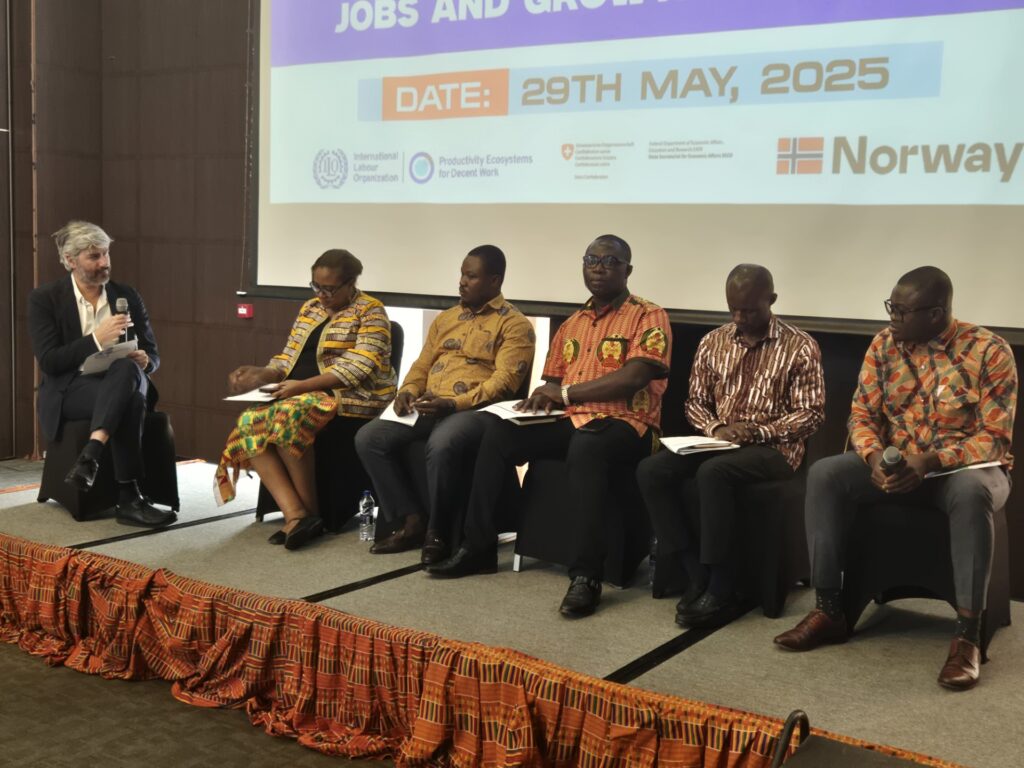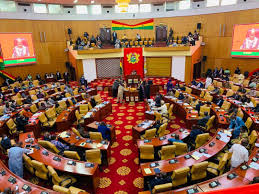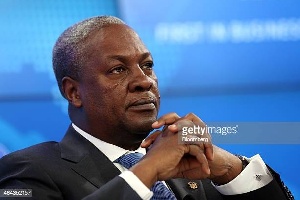ILO holds tripartite discussion on productivity, jobs, growth in Ghana

The International Labour Organisation (ILO) recently conducted a Tripartite Roundtable Discussion in Ghana on the crucial issues of productivity, jobs, and growth. The discussion, based on the Ghana Statistical Service’s National Productivity Statistics Report, brought together panelists from various sectors including organised labour, employers, manufacturers, and government officials from the Ministry of Trade, Agribusiness and Industry, and the Ministry of Labour, Jobs and Employment.
Organised under the Productivity Ecosystems for Decent Work (PE4DW) project of the ILO, in collaboration with the Swiss State Secretariat for Economic Affairs (SECO) and the Norwegian Agency for Development Cooperation, the discussion delved into key areas such as macroeconomic policies, sectoral policies, fair distribution of productivity gains, employment, skills development, formalisation, social dialogue, governance, and data.
Mr. David Marcos, Project Manager for the Productivity Ecosystems for Decent Work, highlighted the project’s aim of improving productivity, working conditions, and fostering sustainable growth in Ghana’s economy. He emphasized the importance of balancing productivity with decent working conditions, noting that access to the global market is closely tied to ensuring decent work for all.
Moreover, Mr. Luca Fedi, an Employment Specialist, shed light on the sectoral performance in Ghana, pointing out the strength of the extractive industry. This underscores the potential for growth and job creation in various sectors of the economy.
The discussion provided a platform for stakeholders to exchange diverse perspectives and insights on how to enhance productivity, promote job growth, and achieve sustainable economic development in Ghana. It also highlighted the importance of collaboration between all stakeholders – government, employers, and workers – to drive meaningful and inclusive growth.
In conclusion, the Tripartite Roundtable Discussion by ILO serves as a stepping stone towards creating a conducive environment for productivity, job creation, and sustainable growth in Ghana. By addressing key challenges and leveraging opportunities, Ghana can pave the way for a brighter future for its workforce and
Ghanaflare.com




